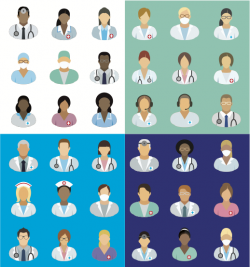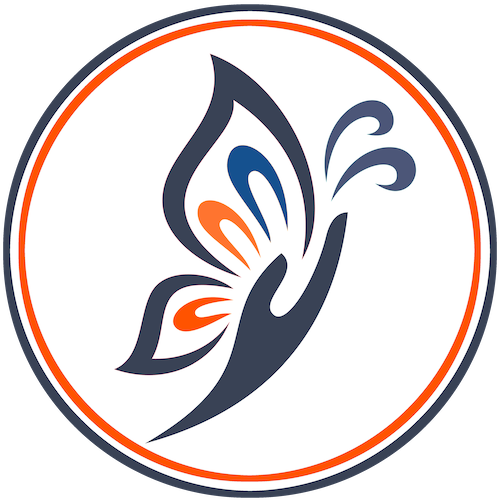Who Can Work in
Plastic Surgery Recovery as a Career?

People from many different disciplines work on people recovering from plastic surgery.
There are many skill sets that are applicable.
Licensed Massage Therapists, Physical Therapists, Occupational Therapists, nurses, Certified Lymphedema Therapists, etc. are all part of the team that can be found helping out.
At this stage, the course is designed specifically for LMT’s who are MLD Certified (40 hour minimum with hands-on training) or a Certified Lymphedema Therapist with hands-on training.
The information you learn here will further enhance the skills that you already have, and prepare you with a wealth of knowledge for working with plastic surgery recovery clients.
Why the hands-on requirement?
During COVID, there was a shift in the thinking of many of the accredited MLD providers that they could do an adequate job of training people online. While theory can be taught online with no problems, hands-on skills must be learned in person. This is especially true when you are dealing with clients who are in a fragile state such as post-operatively. Lack of hands-on training prior to entering this course means you do not have the complete set of skills necessary to work with post-op clients. You may know a great deal, but being able to adjust pressure and technique accordingly is simply a skill that you can only get when an instructor puts his/her hands on yours and you get feedback from the person on the table comparing the instructor’s technique to yours so you can match it.
Will You Ever Offer a Hands-On Course?
I don’t know the answer to that at this time, but with the current trajectory of the MLD industry towards graduating people who are less qualified, I may consider it. At the moment, COVID is still rampant so I’m starting off with training people who already have that minimum level of knowledge.
Who should not take these courses?
Anyone who does not hold a license that grants them legal rights to work on the whole body of another person (not just face, hands, and feet). Examples of people who should not be taking this course: makeup artists, beauticians, aestheticians, anyone who does not hold a license to work on the body (such as self-designated body contourists).
Why? The necessary anatomy and physiology knowledge required to work safely on persons post-op is not in their training. Also, persons in these professions cannot be insured for this type of work, meaning that the client is not protected should anything ever go wrong.
